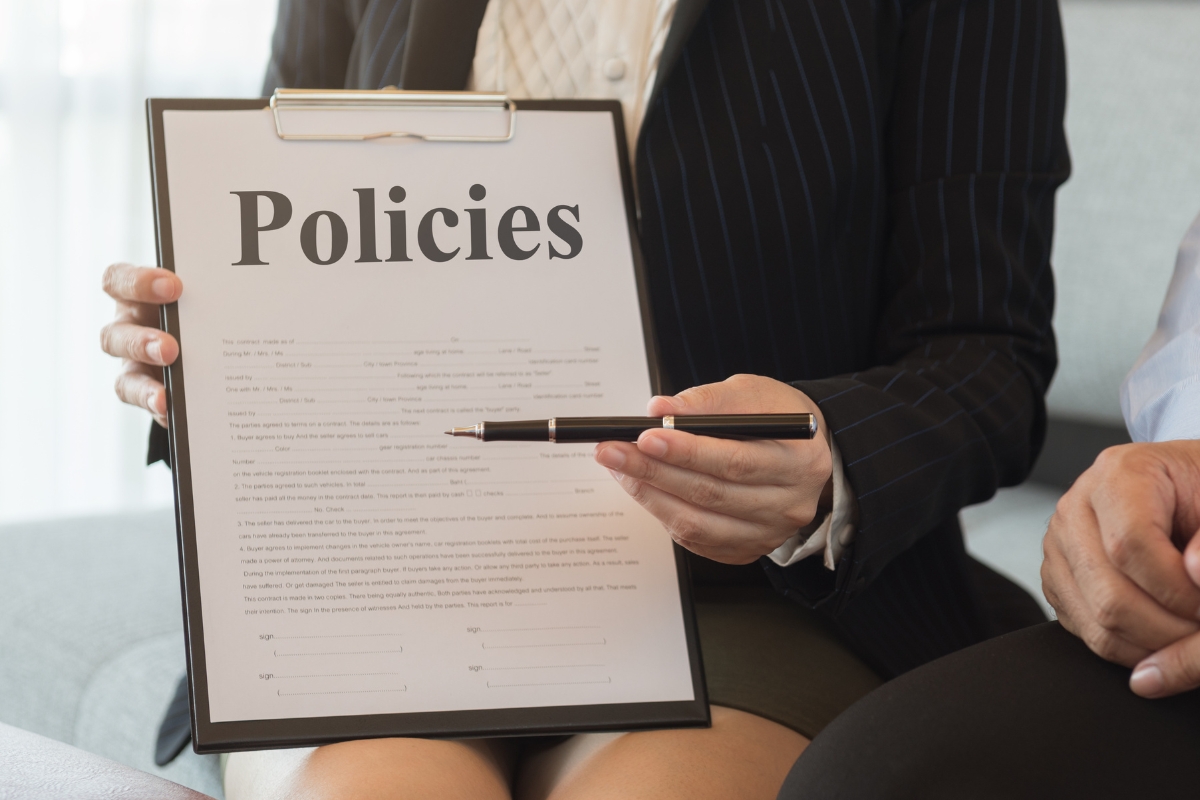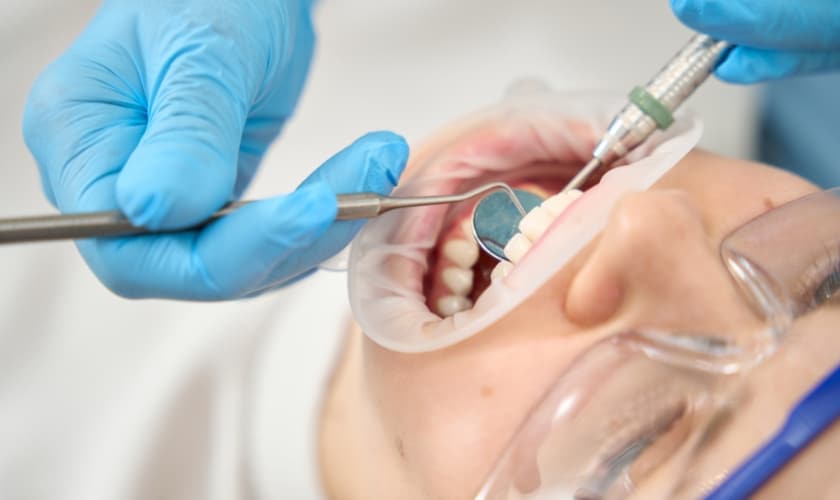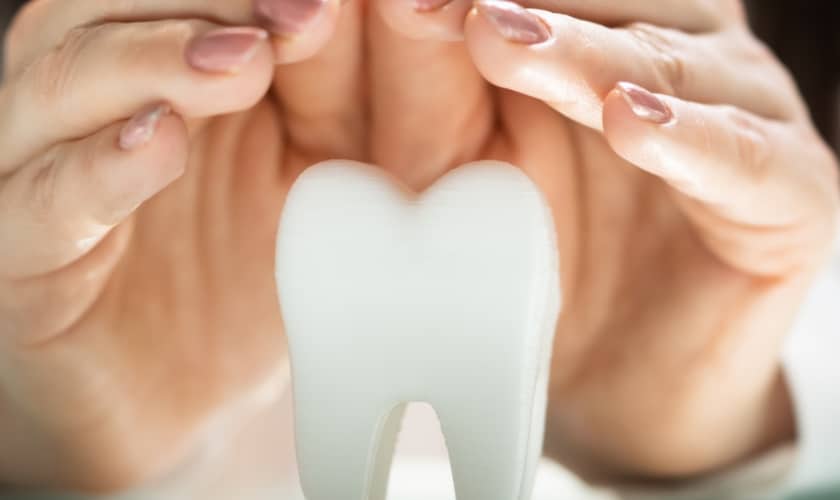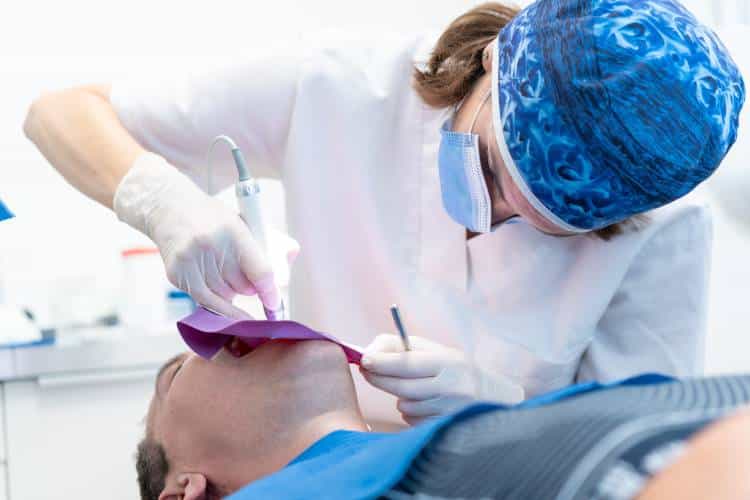Brushing your teeth is an essential part of maintaining good oral health, but did you know that brushing too hard can actually harm your teeth and gums? While many people believe that applying extra pressure while brushing can result in a cleaner mouth, the opposite is true. Overbrushing can wear down enamel, irritate gums, and lead to long-term dental problems. This blog will explore the dangers of brushing too hard, how to recognize the signs, and how routine dental care can help you correct bad brushing habits for a healthier smile.
The Specific Dangers of Brushing Too Hard
Brushing too hard may seem like an effective way to ensure your teeth are clean, but this approach can do more harm than good. Here’s why:
- Wears Down Tooth Enamel: Enamel is the outermost layer of your teeth and serves as a protective barrier against decay. Brushing too aggressively can wear away this crucial layer, making your teeth more susceptible to cavities, sensitivity, and staining.
- Causes Gum Recession: Excessive pressure while brushing can damage your gums, causing them to recede. Gum recession exposes the roots of your teeth, leading to increased sensitivity and a higher risk of decay in those areas.
- Irritates Gum Tissue: Aggressive brushing can cause your gums to become red, swollen, and irritated. This can lead to discomfort and may even contribute to gum disease over time.
- Tooth Sensitivity: When the enamel is worn away and the roots of the teeth are exposed, you’re more likely to experience tooth sensitivity. This can make eating hot, cold, or sweet foods painful.
Signs You May Be Brushing Too Hard
If you’re unsure whether your brushing technique is harming your teeth and gums, there are several signs to look out for:
- Tooth Sensitivity: If you frequently experience discomfort or pain when eating or drinking hot, cold, or sugary foods, you may be brushing too hard.
- Receding Gums: Noticeable changes in your gum line, such as your teeth appearing longer or the gums pulling away from the teeth, could be a sign of overbrushing.
- Worn or Frayed Toothbrush Bristles: If the bristles of your toothbrush become frayed and flattened quickly, it’s a clear indicator that you’re applying too much pressure while brushing.
- Bleeding Gums: While occasional gum bleeding can happen if you brush too aggressively, frequent or excessive bleeding may indicate that your brushing habits need adjusting.
Why Is Routine Dental Care Essential?
Regular dental checkups play a vital role in identifying and correcting bad brushing habits before they lead to more severe issues. Here’s how routine dental care can help:
1. Professional Assessment of Your Brushing Technique
During a dental checkup, your dentist or dental hygienist can evaluate your brushing technique and determine if you’re applying too much pressure. They can provide personalized advice and demonstrate the correct way to brush for optimal oral health without causing damage.
2. Preventing and Addressing Gum Recession
Dentists can identify early signs of gum recession and recommend appropriate treatments to prevent further damage. If your gums have already started to recede due to overbrushing, a dentist may suggest options like gum grafts or other periodontal treatments to restore gum health.
3. Enamel Protection
Your dentist can assess the health of your tooth enamel during your routine visits. If enamel erosion from overbrushing is detected, they may recommend fluoride treatments, dental care products specifically designed to protect enamel or other protective measures to strengthen your enamel and reduce sensitivity.
4. Personalized Oral Care Recommendations
Routine dental visits allow you to receive personalized advice based on your individual oral health needs. Your dentist may recommend using a soft-bristled toothbrush, switching to a more gentle toothpaste, or adopting an electric toothbrush with a pressure sensor to help you avoid brushing too hard.
5. Addressing Tooth Sensitivity
If tooth sensitivity is a problem, your dentist can identify the root cause and offer treatments like desensitizing toothpaste, fluoride treatments, or dental bonding to protect exposed tooth roots and alleviate discomfort.
Tips for Proper Brushing Technique

Correcting your brushing habits doesn’t mean sacrificing cleanliness. By adopting a gentler approach, you can maintain excellent oral hygiene without damaging your teeth and gums. Here are some tips for brushing correctly:
- Use a Soft-Bristled Toothbrush: A soft-bristled toothbrush is gentle on your gums and enamel, reducing the risk of irritation and damage. Avoid using hard-bristled brushes, as they can contribute to enamel erosion and gum recession.
- Brush with Gentle Pressure: Apply only light pressure when brushing. Imagine you’re massaging your teeth and gums rather than scrubbing them. This helps clean your teeth effectively while protecting your enamel and gums.
- Hold Your Toothbrush Correctly: Holding your toothbrush at a 45-degree angle to your gums can help ensure you clean the gum line properly without applying too much pressure.
- Brush for Two Minutes: It’s important to brush your teeth for a full two minutes, but focus on thoroughness rather than force. Divide your mouth into quadrants and spend about 30 seconds on each section.
- Use Short, Gentle Strokes: Instead of scrubbing back and forth, use short, gentle strokes to clean each tooth. Be sure to reach all surfaces of your teeth, including the front, back, and chewing surfaces.
- Opt for an Electric Toothbrush: Many electric toothbrushes have built-in pressure sensors that alert you if you’re brushing too hard. These brushes also ensure that you’re using consistent, even strokes.
Key Takeaways for Healthy Brushing Habits
- Use a soft-bristled toothbrush to avoid damaging gums and enamel.
- Brush with gentle pressure and focus on thorough cleaning rather than scrubbing.
- Hold the toothbrush at a 45-degree angle to your gums for proper cleaning.
- Brush for two full minutes twice a day, covering all areas of your teeth.
- Consider using an electric toothbrush with a pressure sensor for better control.
- Visit your dentist regularly for professional advice and to monitor your oral health.
Brushing your teeth is essential, but brushing too hard can lead to a range of oral health problems, including enamel erosion, gum recession, and tooth sensitivity. Recognizing the signs of overbrushing and adjusting your technique is crucial to maintaining a healthy smile.
Routine dental care is vital to detect and correct bad brushing habits. Your dentist can assess your technique, recommend changes, and provide treatments that protect your teeth and gums from further damage.
Don’t let aggressive brushing harm your smile—focus on healthy habits and professional dental care to ensure long-term oral health.





